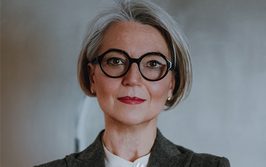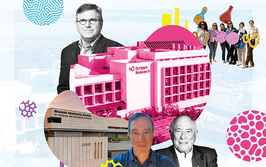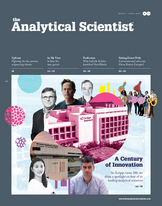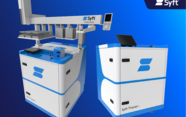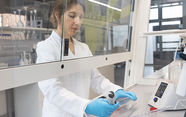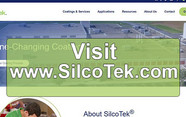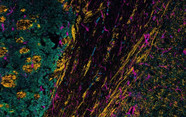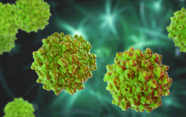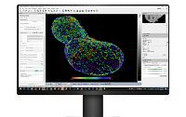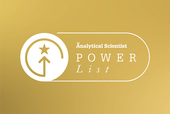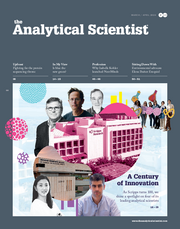Top Class Educator
Sitting Down With… Thomas J. Wenzel, Charles A. Dana Professor of Chemistry, Emeritus, Bates College, USA
Jessica Allerton | | 5 min read | Interview
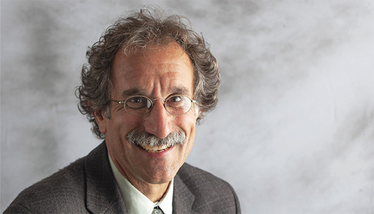
Credit: Phillis Jensen, Bates College
How did you get into analytical science?
As an undergraduate student, I was fascinated by the theory and applicability of measurement techniques – specifically chromatography. From there, I took a graduate separation course alongside an undergraduate marine science course that was taught by an analytical chemist. I learnt the fundamentals, of course, but I also had the flexibility – and opportunity – to undertake a self-designed lab project. That was the most rewarding experience from my undergraduate years and was ultimately what influenced my decision to focus on analytical science.
Did you always want to be an educator?
Though I enjoyed my courses at university, I often felt like there was a better way to teach – but I wasn’t sure exactly how at the time. With this interest, I pursued education courses that allowed me to teach high school chemistry. After a single semester in the classroom, my eyes were opened to how differently students learn, develop, and perform. I then worked through graduate school with the goal of teaching at an undergraduate level.
Pointed question: are we in need of an analytical science education revolution?
I believe so – although this is true across the sciences. When I was an undergraduate back in the 1970s, I soon realized that there was a severe lack of student engagement. Classes involved copying notes from the board, and time in labs was reduced to following recipes where the outcome was known beforehand. This passive and traditional learning style doesn’t give students the opportunity to fully immerse themselves in science. I hated the first undergraduate analytical course I took for this reason – it emphasized titrations and gravimetry and didn’t give me the appreciation of the relevance of the topics we were learning about. Nevertheless, it seems as though this outdated approach is still being used in educational institutions across the world.
In the mid-1990s, I was invited to address participants at an analytical science curriculum workshop led by the late Ted Kuwana at the University of Kansas. The goal of this meeting was to examine the curriculum and promote strategies to improve student learning outcomes. Many industrial participants said graduates weren’t equipped with the knowledge required for problem solving in industry. After we discussed problem-based, collaborative, hands-on teaching methods – something I have been passionate about for several decades – the group fully endorsed the use of these strategies in analytical courses.
It’s clear that, the more we discuss these issues, the more likely change becomes. I strongly believe that by creating an environment that empowers and engages students, we’ll be giving the next generation of analytical scientists the tools they need to follow their curiosity all the way to new discoveries that exceed our current understanding.
It’s clear you are a big advocate of active learning…
Yes. And it has other benefits. When I first started teaching, there also wasn’t much of an emphasis on teaching in a manner that promotes inclusivity – attracting students from historically underrepresented groups into the sciences. Over the years, this has changed – arguably driven by a rise in active learning strategies that put student engagement at the forefront.
The smallest changes can boost engagement. When students in the lab asked me, “What do we do?” My usual response was, “Well, I’m sure there’s some journal articles out there that cover it.” By allowing students to explore unknown avenues in a supported environment, we help prepare them for the real world. Not only did my active approach give students the freedom to develop, learn, and explore – to experience – it also allowed me to actively engage with each student as they navigated different phases of their project.
What are the standout moments of your career in analytical chemistry?
I’ve been fortunate to receive two national awards from the American Chemical Society: Research at an Undergraduate Institution Award in 2010 and the George C, Pimentel Award in Chemical Education in 2020. These awards are gratifying in validating the substantive work I’ve done over my career to develop educational approaches that enhance student learning beyond lectures and recipe-based experiments.
Additionally, making the The Analytical Scientist Power List 2023 as the only person from an undergraduate institution is the best way to cap off my career. I’m very grateful to have received these three major honors.
What advice can you offer the next generation of analytical scientists?
Get as much experience in a broad range of topics as possible. Pursue opportunities during undergraduate studies for research or industrial lab work – take all the courses your program offers. Visit conferences to network with as many scientists as possible. The more you know, the better you can apply yourself to the field. Curious students with a willingness to engage are more likely to succeed in their career.
Since receiving your PhD in 1981, what are the biggest changes you have seen in the field?
The most dramatic change is improvements to instrumentation. Back when I was a student, the only time you would hear “mass spec” and “proteins” in the same sentence was when someone said, “Mass spec cannot be used to analyze proteins.” From silica capillary columns for gas chromatography to inductively coupled plasma instruments, there is so much more that an analytical scientist can do. With these technological advancements, we need to ensure that our courses – and the students we teach – are up to date rather than being 20 years behind!
If you hadn’t pursued a career in analytical science, what would you be doing?
I would likely have gone into high school chemistry teaching immediately after graduating, although I’m doubtful I would have stayed in the profession for long given the demands on school teachers.
Associate Editor, The Analytical Scientist
